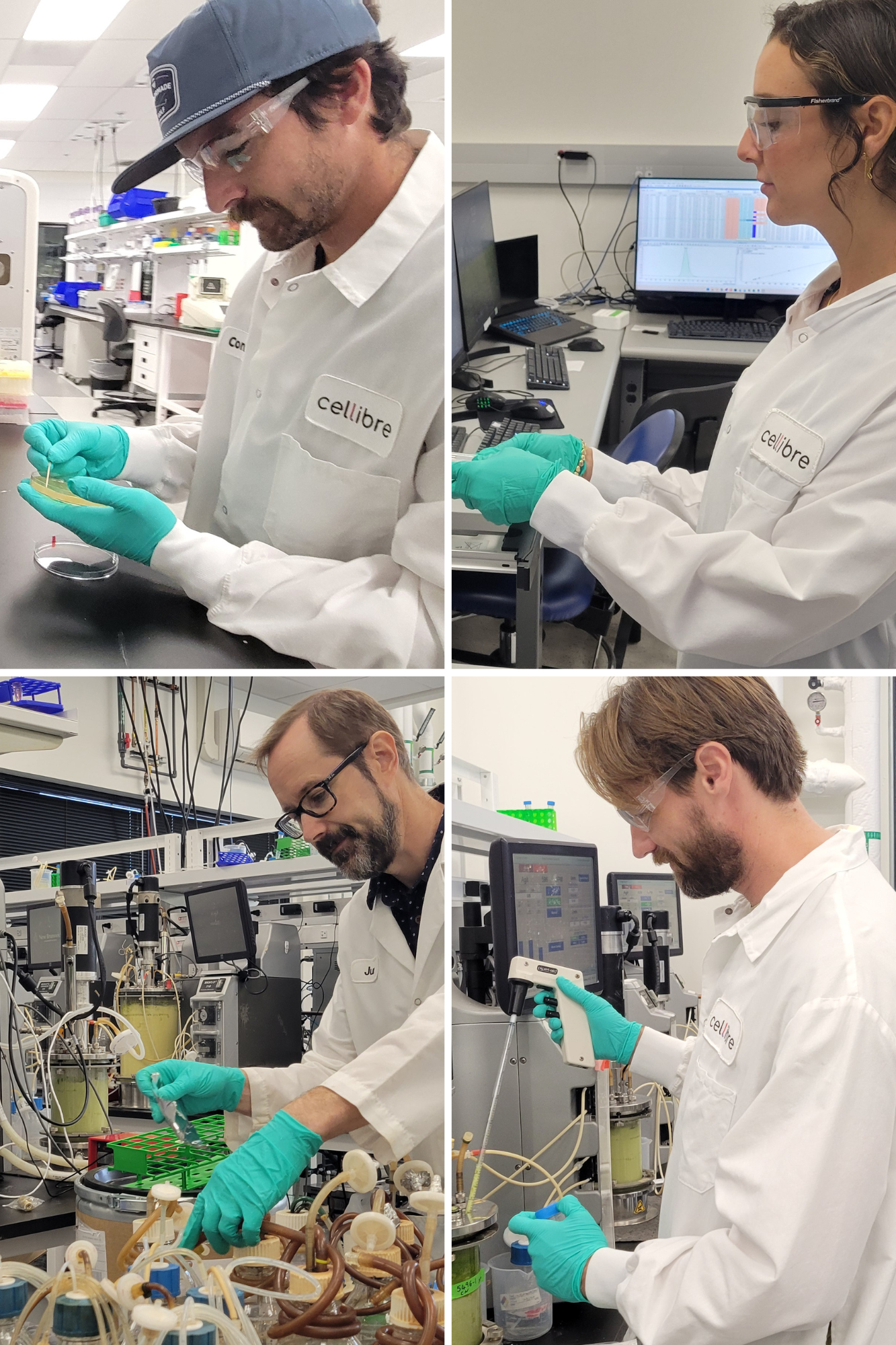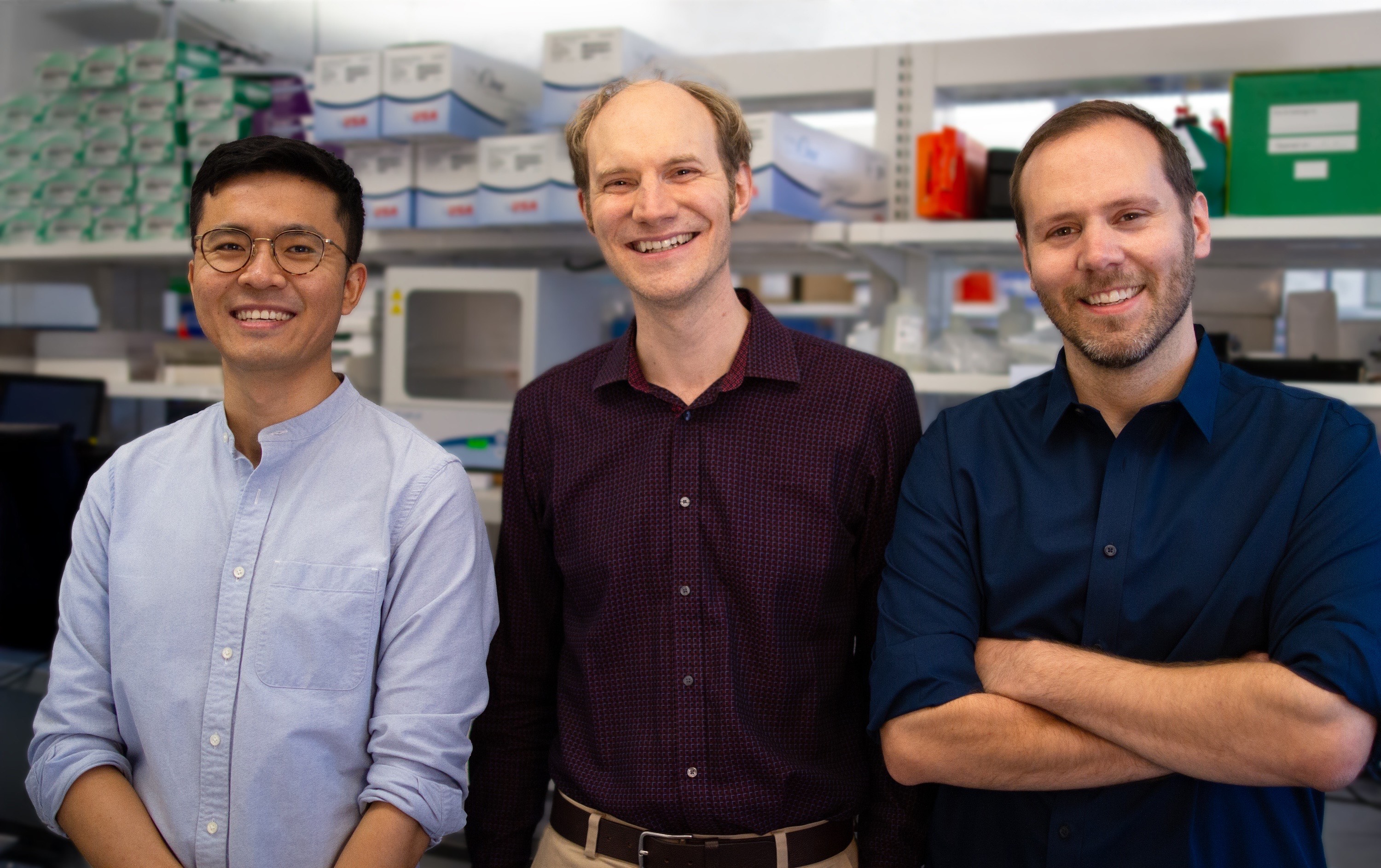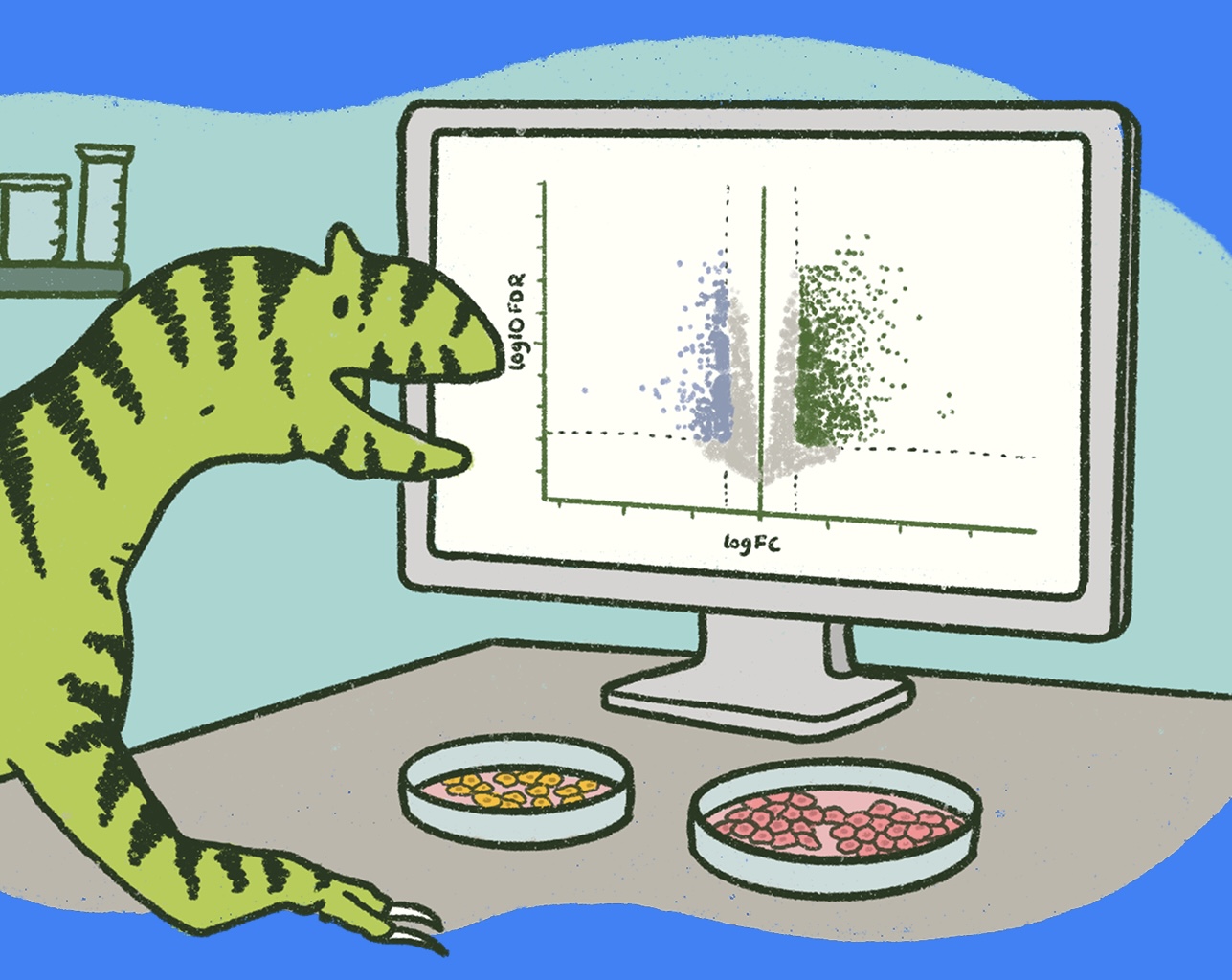Read
Sherlock Biosciences Announces Research Collaboration with Dartmouth-Hitchcock Health to Launch Study of CRISPR-based Test for SARS-CoV-2
Dartmouth-Hitchcock Health Researchers Evaluating Sherlock™ CRISPR SARS-CoV-2 Kit to Test Real-world Samples from Member Hospitals; Results Expected in Coming Weeks
August 12, 2020 08:30 AM Eastern Daylight Time
CAMBRIDGE, Mass.--(BUSINESS WIRE)--Sherlock Biosciences, an Engineering Biology company dedicated to making diagnostic testing better, faster and more affordable, today announced a research collaboration with Dartmouth-Hitchcock Health (D-HH) to launch a clinical study of the Sherlock™ CRISPR SARS-CoV-2 kit for the detection of the novel coronavirus that causes COVID-19. The kit, for which Sherlock Biosciences recently received Emergency Use Authorization (EUA) by the U.S. Food and Drug Administration (FDA), will be used to test clinical samples from patients from D-HH member hospitals.
“RT-PCR tests have been a mainstay in testing for the global COVID-19 pandemic in the U.S. Unfortunately, the sheer volume of tests demanded by the pandemic, coupled with the dwindling supply of reagents and other consumables needed to conduct RT-PCR, has created a dire need for alternative testing methods,” said Gregory J. Tsongalis, Ph.D., Vice Chair for Research and Director of the Laboratory for Clinical Genomics and Advanced Technology in the Department of Pathology and Laboratory Medicine at D-HH. “We are excited to partner with Sherlock to understand how the company’s novel CRISPR-based test may help circumvent some of the challenges with RT-PCR testing. We look forward to sharing preliminary results soon to assist those using or considering this novel technology to manage patients through the pandemic.”The Sherlock CRISPR SARS-CoV-2 test kit is designed for use in laboratories certified under the Clinical Laboratory Improvement Amendments of 1988 (CLIA), 42 U.S.C. §263a, to perform high complexity tests. Based on the SHERLOCK method, which stands for Specific High-sensitivity Enzymatic Reporter unLOCKing, the kit works by programming a CRISPR nuclease to detect the presence of a specific genetic signature – in this case, the genetic signature for SARS-CoV-2 – in a nasal swab, nasopharyngeal swab, oropharyngeal swab or bronchoalveolar lavage (BAL) specimen. When the signature is found, the CRISPR enzyme is activated and cuts reporter RNAs provided as part of the kit to release a detectable signal, yielding results in about an hour. It is the first and only CRISPR-based diagnostic test to receive EUA from the FDA for qualitative detection of nucleic acid from SARS-CoV-2.“Ultimately, the measure of success for any diagnostic is how it performs in the hands of real customers with real patient samples,” said William J. Blake, Ph.D., Chief Technology Officer at Sherlock Biosciences. “Working with the exceptional team at Dartmouth-Hitchcock will demonstrate the impact that our CRISPR-based test will have on patients and the pandemic, while revealing opportunities for Sherlock to make additional contributions with our SHERLOCK and INSPECTR platforms.”About Sherlock BiosciencesSherlock Biosciences is dedicated to making molecular diagnostics better, faster and more affordable through Engineering Biology platforms. The company is developing applications of SHERLOCK™, a CRISPR-based method to detect and quantify specific genetic sequences, and INSPECTRTM, a Synthetic Biology-based molecular diagnostics platform that is instrument-free. SHERLOCK and INSPECTR can be used in virtually any setting without complex instrumentation, opening up a wide range of potential applications in areas including precision oncology, infection identification, food safety, at-home tests, and disease detection in the field. In May 2020, the company received Emergency Use Authorization (EUA) from the U.S. Food and Drug Administration (FDA) for its Sherlock™ CRISPR SARS-CoV-2 kit, the first FDA-authorized use of CRISPR technology. For more information visit Sherlock.bio.About Dartmouth-Hitchcock HealthDARTMOUTH-HITCHCOCK HEALTH (D-HH), New Hampshire’s only academic health system and the state’s largest private employer, serves a population of 1.9 million across Northern New England. D-HH provides access to more than 2,400 providers in almost every area of medicine, delivering care at its flagship hospital, Dartmouth-Hitchcock Medical Center (DHMC) in Lebanon, NH. DHMC was named again in 2020 as the #1 hospital in New Hampshire by U.S. News & World Report, and recognized for high performance in 9 clinical specialties and procedures. Dartmouth-Hitchcock Health also includes the Norris Cotton Cancer Center, one of only 51 NCI-designated Comprehensive Cancer Centers in the nation; the Children's Hospital at Dartmouth-Hitchcock, the state’s only children’s hospital; affiliated member hospitals in Lebanon, Keene, and New London, NH, and Windsor, VT, and Visiting Nurse and Hospice for Vermont and New Hampshire; and 24 Dartmouth-Hitchcock clinics that provide ambulatory services across New Hampshire and Vermont. The D-H system trains nearly 400 residents and fellows annually, and performs world-class research, in partnership with the Geisel School of Medicine at Dartmouth and the White River Junction VA Medical Center in White River Junction, VT.

Contacts
Katie Engleman, 1ABkatie@1abmedia.comAudra Burns, Dartmouth-Hitchcock Healthaudra.m.burns@hitchcock.orgSource: https://www.businesswire.com/news/home/20200812005104/en/Sherlock-Biosciences-Announces-Research-Collaboration-Dartmouth-Hitchcock-Health
Related Articles
No items found.



.svg)












.gif)